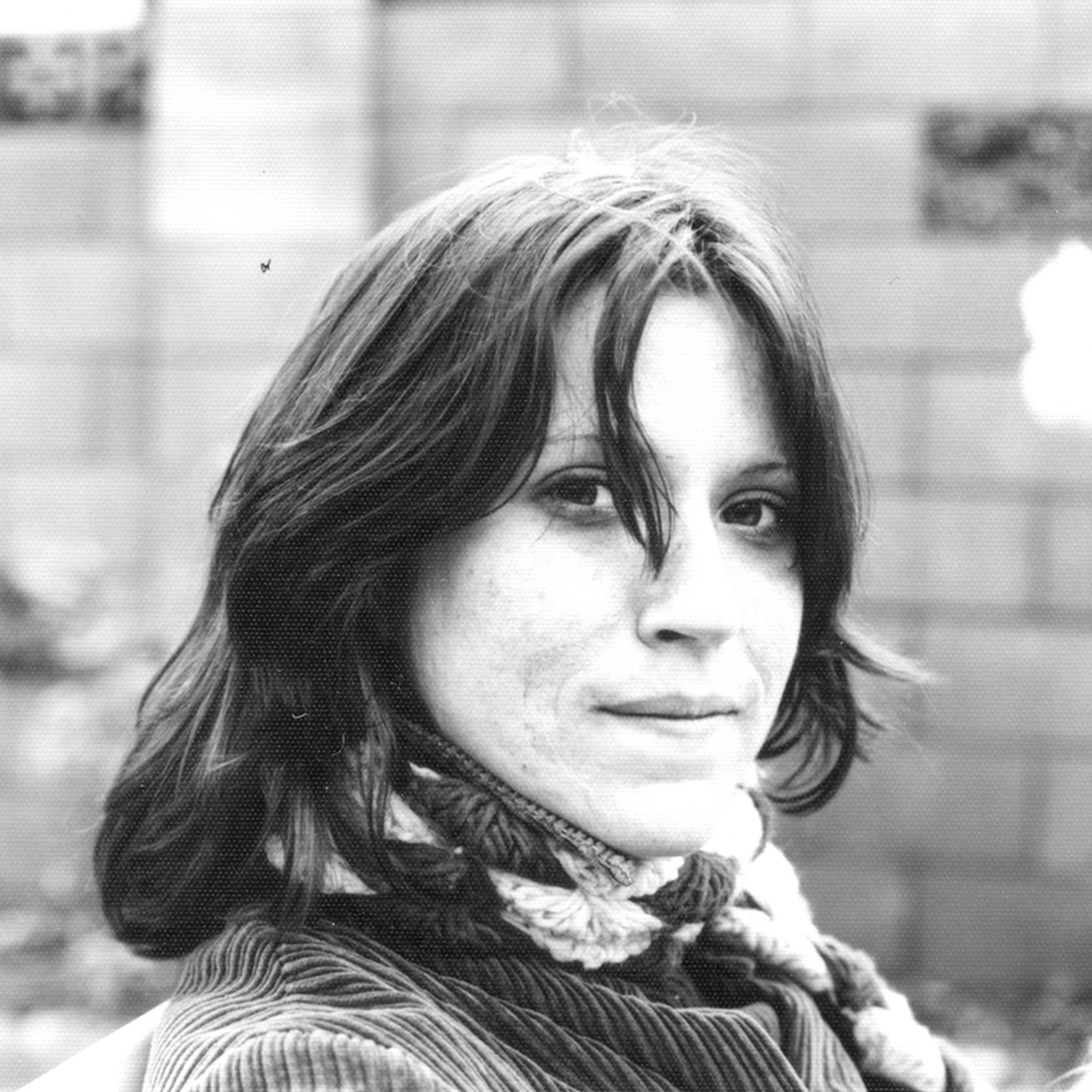Mysteries of Afternoon and Evening
Mysteries of Afternoon and Evening
This second edition is revised and expanded from the first edition published by Sherwood Press / Yarmouth Press in 1981.
About the Author
Acclaim
[Sherwood's] poems hint at a real range, from the elegant sweetness of 'Los Angeles/Boys' to the subtle atmospheric manipulations of 'The Run: A Visit.' There is a sense of the deeply lovely as well as the terrifying.
— Dennis Cooper
Bachy Magazine, #16, Winter 1980
There is little influence in these poems; she had read, talked about, and thought about enough great poets, enough good poets, and enough bad poets. She had written and discarded her apprenticeship work. The poems in this volume show she had found her voice, had made her start. Like every other artist she was taking the stuff of her experience and transforming it so that it became alive, clear, new…
— Arthur Lane
from the introduction to the first edition
Sherwood has created a poem that transcends the personal and achieves the universal. It is a well-crafted verse in which every word seems perfect and necessary, in which every image furnishes its parts to the whole. The poem waits until its final lines to tell of a girl in the twilight at the end of summer — perhaps on the liminal cusp between childhood and womanhood — who flies away like a bird, come what may, away from the “domestic scene” and toward the promise of a different life, a more free-spirited life, the life of a poet.
— Ira Fader
”This Bird Has Flown: Rachel Sherwood’s early flight of poesy”
Sherwood’s poems are the expression of youth in its most tender and developing state. Still, her poems show a potential that is rare and important. The poems’ unfinished quality belies what important discoveries her poems could have shown us, and show the raw material of something special.
— Sean Singer
”Craft: Rachel Sherwood”
Sherwood was writing 40 years ago, but her work feels contemporary, a comment on the current moment. Perhaps, we have not advanced as much as we seem to think, despite out cell phones and gadgets. We still witness the cruelties man imposes on man. We still suffer the greed and vanities of fools who think they are — we are — somehow exempt from the wind’s fitful power.
At our best, we acknowledge, we sit amazed, by the mysteries. At our worst, we allow the meanness to overtake us. Both are present, always.
— Hank Kalet
”Notes on a Lost Poet”

